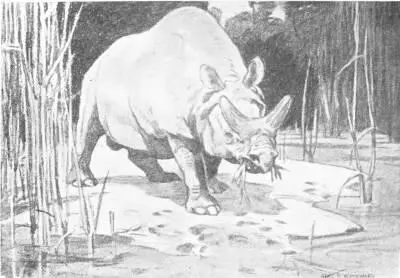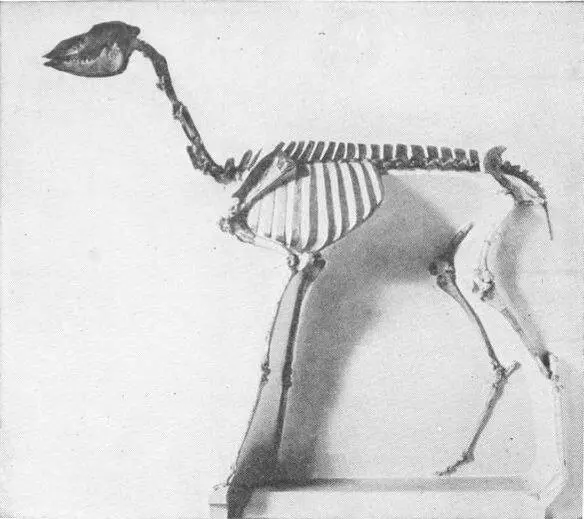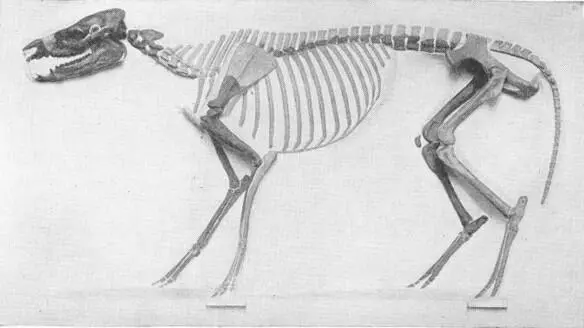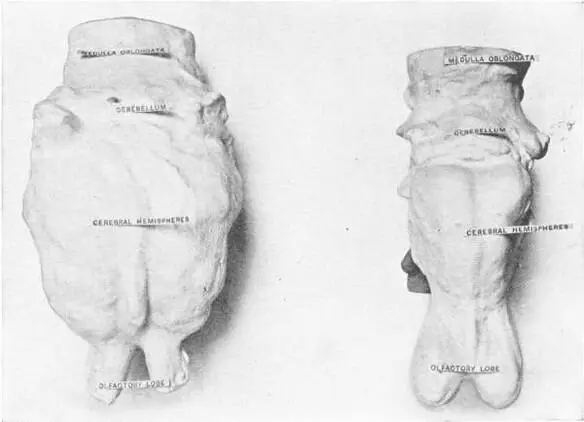Herbert Wells - A Short History of the World
Здесь есть возможность читать онлайн «Herbert Wells - A Short History of the World» весь текст электронной книги совершенно бесплатно (целиком полную версию без сокращений). В некоторых случаях можно слушать аудио, скачать через торрент в формате fb2 и присутствует краткое содержание. Год выпуска: 2011, Жанр: История, на английском языке. Описание произведения, (предисловие) а так же отзывы посетителей доступны на портале библиотеки ЛибКат.
- Название:A Short History of the World
- Автор:
- Жанр:
- Год:2011
- ISBN:нет данных
- Рейтинг книги:4 / 5. Голосов: 1
-
Избранное:Добавить в избранное
- Отзывы:
-
Ваша оценка:
- 80
- 1
- 2
- 3
- 4
- 5
A Short History of the World: краткое содержание, описание и аннотация
Предлагаем к чтению аннотацию, описание, краткое содержание или предисловие (зависит от того, что написал сам автор книги «A Short History of the World»). Если вы не нашли необходимую информацию о книге — напишите в комментариях, мы постараемся отыскать её.
A Short History of the World — читать онлайн бесплатно полную книгу (весь текст) целиком
Ниже представлен текст книги, разбитый по страницам. Система сохранения места последней прочитанной страницы, позволяет с удобством читать онлайн бесплатно книгу «A Short History of the World», без необходимости каждый раз заново искать на чём Вы остановились. Поставьте закладку, и сможете в любой момент перейти на страницу, на которой закончили чтение.
Интервал:
Закладка:
There comes a break in the Record of the Rocks that may represent several million years. There is a veil here still, over even the outline of the history of life. When it lifts again, the Age of Reptiles is at an end; the Dinosaurs, the Plesiosaurs and Ichthyosaurs, the Pterodactyls, the innumerable genera and species of Ammonite have all gone absolutely. In all their stupendous variety they have died out and left no descendants. The cold has killed them. All their final variations were insufficient; they had never hit upon survival conditions. The world had passed through a phase of extreme conditions beyond their powers of endurance, a slow and complete massacre of Mesozoic life has occurred, and we find now a new scene, a new and hardier flora, and a new and hardier fauna in possession of the world.
It is still a bleak and impoverished scene with which this new volume of the book of life begins. The cycads and tropical conifers have given place very largely to trees that shed their leaves to avoid destruction by the snows of winter and to flowering plants and shrubs, and where there was formerly a profusion of reptiles, an increasing variety of birds and mammals is entering into their inheritance.
VIII
THE AGE OF MAMMALS
THE opening of the next great period in the life of the earth, the Cainozoic period, was a period of upheaval and extreme volcanic activity. Now it was that the vast masses of the Alps and Himalayas and the mountain backbone of the Rockies and Andes were thrust up, and that the rude outlines of our present oceans and continents appeared. The map of the world begins to display a first dim resemblance to the map of to-day. It is estimated now that between forty and eighty million years have elapsed from the beginnings of the Cainozoic period to the present time.
At the outset of the Cainozoic period the climate of the world was austere. It grew generally warmer until a fresh phase of great abundance was reached, after which conditions grew hard again and the earth passed into a series of extremely cold cycles, the Glacial Ages, from which apparently it is now slowly emerging.
But we do not know sufficient of the causes of climatic change at present to forecast the possible fluctuations of climatic conditions that lie before us. We may be moving towards increasing sunshine or lapsing towards another glacial age; volcanic activity and the upheaval of mountain masses may be increasing or diminishing; we do not know; we lack sufficient science.
With the opening of this period the grasses appear; for the first time there is pasture in the world; and with the full development of the once obscure mammalian type, appear a number of interesting grazing animals and of carnivorous types which prey upon these.
At first these early mammals seem to differ only in a few characters from the great herbivorous and carnivorous reptiles that ages before had flourished and then vanished from the earth. A careless observer might suppose that in this second long age of warmth and plenty that was now beginning, nature was merely repeating the first, with herbivorous and carnivorous mammals to parallel the herbivorous and carnivorous dinosaurs, with birds replacing pterodactyls and so on. But this would be an altogether superficial comparison. The variety of the universe is infinite and incessant; it progresses eternally; history never repeats itself and no parallels are precisely true. The differences between the life of the Cainozoic and Mesozoic periods are far profounder than the resemblances.

A MAMMAL OF THE EARLY CAINOZOIC PERIOD
The Titanotherum (Brontops) Robustum
The most fundamental of all these differences lies in the mental life of the two periods. It arises essentially out of the continuing contact of parent and offspring which distinguishes mammalian and in a lesser degree bird life, from the life of the reptile. With very few exceptions the reptile abandons its egg to hatch alone. The young reptile has no knowledge whatever of its parent; its mental life, such as it is, begins and ends with its own experiences. It may tolerate the existence of its fellows but it has no communication with them; it never imitates, never learns from them, is incapable of concerted action with them. Its life is that of an isolated individual. But with the suckling and cherishing of young which was distinctive of the new mammalian and avian strains arose the possibility of learning by imitation, of communication, by warning cries and other concerted action, of mutual control and instruction. A teachable type of life had come into the world.
The earliest mammals of the Cainozoic period are but little superior in brain size to the more active carnivorous dinosaurs, but as we read on through the record towards modern times we find, in every tribe and race of the mammalian animals, a steady universal increase in brain capacity. For instance we find at a comparatively early stage that rhinoceros-like beasts appear. There is a creature, the Titanotherium, which lived in the earliest division of this period. It was probably very like a modern rhinoceros in its habits and needs. But its brain capacity was not one tenth that of its living successor.
The earlier mammals probably parted from their offspring as soon as suckling was over, but, once the capacity for mutual understanding has arisen, the advantages of continuing the association are very great; and we presently find a number of mammalian species displaying the beginnings of a true social life and keeping together in herds, packs and flocks, watching each other, imitating each other, taking warning from each other’s acts and cries. This is something that the world had not seen before among vertebrated animals. Reptiles and fish may no doubt be found ill swarms and shoals; they have been hatched in quantities and similar conditions have kept them together, but in the case of the social and gregarious mammals the association arises not simply from a community of external forces, it is sustained by an inner impulse. They are not merely like one another and so found in the same places at the same times; they like one another and so they keep together.

STENOMYLUS HITCHCOCKI—A GIRAFFE-CAMEL
Nat. Hist. Mus.

SKELETON OF PROTOHIPPUS VENTICOLUS--EARLY HORSE
Nat. Hist. Mus.
This difference between the reptile world and the world of our human minds is one our sympathies seem unable to pass. We cannot conceive in ourselves the swift uncomplicated urgency of a reptile’s instinctive motives, its appetites, fears and hates. We cannot understand them in their simplicity because all our motives are complicated; our’s are balances and resultants and not simple urgencies. But the mammals and birds have self-restraint and consideration for other individuals, a social appeal, a self- control that is, at its lower level, after our own fashion. We can in consequence establish relations with almost all sorts of them. When they suffer they utter cries and make movements that rouse our feelings. We can make understanding pets of them with a mutual recognition. They can be tamed to self-restraint towards us, domesticated and taught.

Интервал:
Закладка:
Похожие книги на «A Short History of the World»
Представляем Вашему вниманию похожие книги на «A Short History of the World» списком для выбора. Мы отобрали схожую по названию и смыслу литературу в надежде предоставить читателям больше вариантов отыскать новые, интересные, ещё непрочитанные произведения.
Обсуждение, отзывы о книге «A Short History of the World» и просто собственные мнения читателей. Оставьте ваши комментарии, напишите, что Вы думаете о произведении, его смысле или главных героях. Укажите что конкретно понравилось, а что нет, и почему Вы так считаете.








